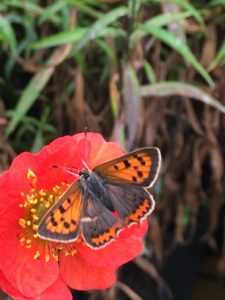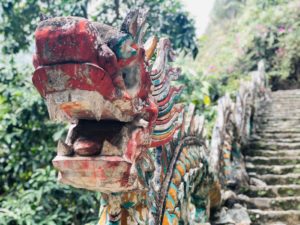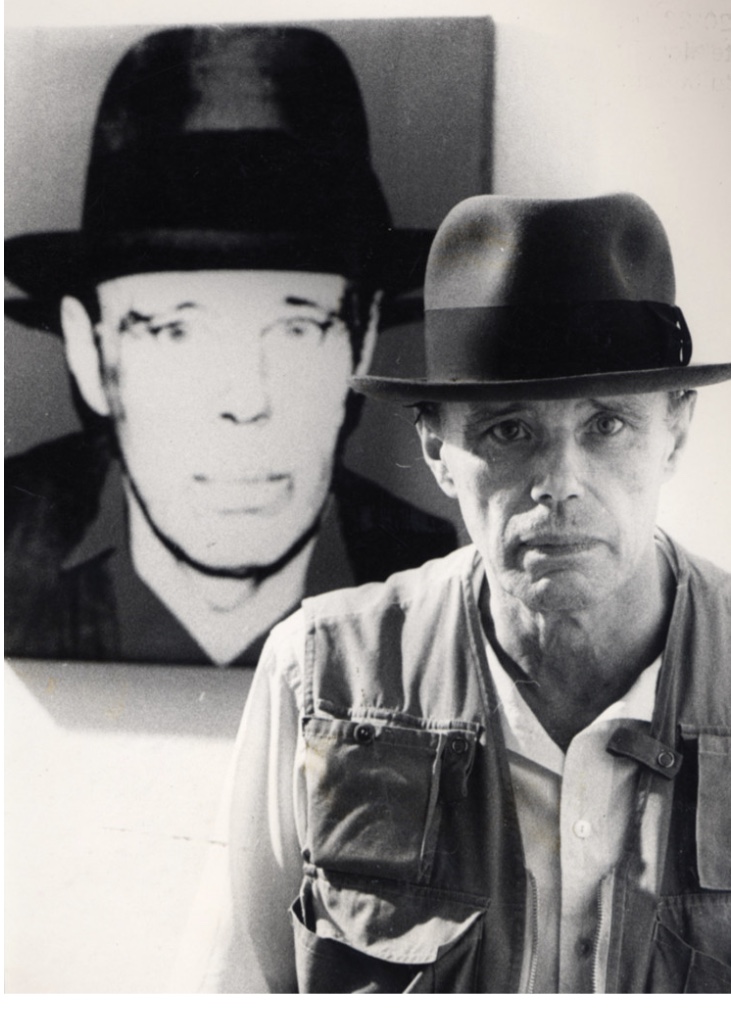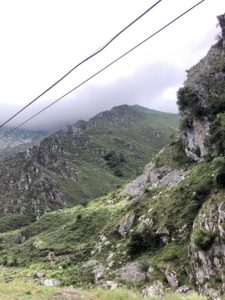“We project the health or lack of it in our relationship to self onto everything and everyone else.”
Dear Integral Meditators,
The article below explores how to be mindful around our relationship to self, which I always say is our first and most important relationship!
In the spirit of our first relationship,
Toby
PS: If you missed it, check out last weeks article on Matching your expectation with reality or watch my one minute video on the same subject.
 Your first (&most important) relationship
Your first (&most important) relationship
When practicing mindfulness in relationships, one important ‘first position’ that I emphasize (in my own practice and also when teaching others) is that your most important relationship is to yourself. If you can get this one right, then it will affect all of your other relationships in a positive way. This is because:
- We have to spend 24hours a day with ourself. We can escape from our partner, colleagues and kids for a while, but you are stuck with ‘you’ all the time!
- Anything that is right or wrong in our relationship to ourself we then project onto our relationships with others. We project the health or lack of it in our first relationship onto everything else.
In short, the more solid a relationship you build to yourself, the easier and more successful your relationships with others are likely to be. With this in mind here are some simple (but deep) mindful positions you can take to help improve your relationship to yourself:
- Commit to being on your own side – Today are you going to be the one supporting and encouraging yourself to the next level of creative expression in your life, or are you going to be the main thing that is holding you back, keeping you scared? Practice choosing the former rather than the latter!
- Listen to yourself – Work at counselling yourself well by listening to the conversation and emotions present within. Practice what it is like to extend empathy and understanding, rather than intolerance and judgment
- Appreciate yourself – Make sure that the good things that you are doing for yourself, others and in your life are not going un-noticed and un-valued.
- Be honest, don’t dodge the difficult stuff – Don’t run away from the most difficult parts of your relationship to yourself. Practice naming and working with the parts of you that are wounded, resentful, insecure, paranoid and so on. Take responsibility for your own self-healing
- Practice seeing yourself from other people’s point of view – Whenever you do this you will see yourself in a new light that is useful and interesting. Don’t get locked soley in the old, familiar ways of viewing yourself
- Practice seeing yourself more objectively – Although we can never see ourselves entirely objectively, we can nevertheless practice seeing ourselves more objectively. Seeing yourself impersonally helps you take calmer more objective decisions with regard to how you treat yourself!
Article content © Toby Ouvry & Integral Meditation Asia 2020
 Saturday 18th July, 4-6pm – Mindful relationships masterclass
Saturday 18th July, 4-6pm – Mindful relationships masterclass
Learn how you can use mindfulness improve your relationships and relationship skills
Relationships form a major part of our happiness and enjoyment in life, but that can also be difficult, complicated, challenging and confusing. This two-hour masterclass focuses on practical skills to help you get the most out or your relationships, both professional and personal. By changing the way you pay attention, you can change your relationships! You will learn:
 Tues 21st July 7.30-8.30pm, Weds 22nd July 7.30-8.3pm – Monthly new moon, new beginnings visualization and envisioning sessions
Tues 21st July 7.30-8.30pm, Weds 22nd July 7.30-8.3pm – Monthly new moon, new beginnings visualization and envisioning sessions
These are meditation classes done monthly around the turn of the new moon that enable us to open to new beginnings, new possibilities and make a fresh start with regard to:
- Our health
- Our inner growth
- And our life’s purpose and future goals
 Life-fullness – The Integral Life-Coaching Program with Toby
Life-fullness – The Integral Life-Coaching Program with Toby
Are you looking a coach who can help you to:
- Meet the challenges, stress and changes that you face in a more effective and mindful way
- Become happier within yourself, in your relationships and at work
- Be actively accountable for finding a sense of balance/well-being in your life and fulfilling your personal potential?
- Guide you to find and operate from a deeper sense of meaning, motivation and connectivity in your life?
 Saturday 25th July, 2.30-5.30pm – Environmental meditation masterclass – Working consciously with the forces of nature
Saturday 25th July, 2.30-5.30pm – Environmental meditation masterclass – Working consciously with the forces of nature
In a sentence: Learn to work consciously with the forces of nature and your environment as well develop powerful meditation states.
There is much concern and talk today about the state of the environment and the relationship of humankind to nature. This is a workshop that will introduce you to simple, ancient meditation techniques to….

Sunday July 19th & 26th, 5-5.50pm – Online Qi gong workout class
This is a Qi gong session that begins with movement, breathing and energy work to thoroughly energize and refresh your body, nervous system and energy meridians and regenerate your physical, energetic, mental and spiritual being…read full details
 Restarts Sunday 19th July – Qi gong energy body activation meditation
Restarts Sunday 19th July – Qi gong energy body activation meditation
About the sessions: These are Qi gong meditation sessions to activate and enhance the flow of ‘qi’ or subtle energy in your body. We will then be using this flow for:
- Enhancing physical health and healing
- Increased emotional wellbeing and mental balance
- Access to deeper, more dynamic meditation states to transform and regenerate your body, mind and soul
 Online Integral Meditation & Mindfulness classes
Online Integral Meditation & Mindfulness classes
Build focus, beat stress, cultivate wellbeing!
Each session involves simple practices that you can apply to make a real difference to your wellbeing and effectiveness in life…full details of classes
Coming soon: High performance bootcamp – Using mindfulness to operate at your peak without burning out
Are you a high-potential individual who often feels overworked, stressed, sleep-deprived, or mentally and physically exhausted? Yet, you are expected to be on your A-game everyday, make clear decisions, problem solve, and be fully focused and present for your employer and teams? Do you wonder if performance in your career and your well-being are a zero-sum game, and see your well-being fall to the sidelines under the ever increasing work commitments.
At a glance: All upcoming classes and workshops for at IMA:
Ongoing on Wednesday’s, 7.30-8.30pm – Wednesday Meditation for stress transformation and positive energy with Toby (Bukit Timah)
Ongoing on Tuesday evenings, 7.30-8.30pm – Tuesday Meditation for stress transformation and positive energy with Toby (East Coast)
Tuesday’s at 12.30-1.20 – Ongoing Tuesday Lunchtime meditation class @Space2B
Ongoing Sundays 6-6.50pm – Qi gong energy body activation meditation (Livestream)
Saturday 18th July, 4-6pm – Mindful relationships masterclass
Sunday July 19th, 26th – Qi gong workout class
Tues 21st July 7.30-8.30pm, Weds 22nd July 7.30-8.3pm – Monthly new moon, new beginnings visualization and envisioning sessions
Saturday 25th July 10.30am-12noon – ONLINE Get your meditation practice started now – The shortest & most time effective meditation course ever
Saturday 25th July, 2.30-5.30pm – Environmental meditation masterclass – Working consciously with the forces of nature
Coming in July – High performance bootcamp: Using mindfulness to operate at your peak without burning out
Integral Meditation Asia
Online Courses * 1:1 Coaching * Books * Live Workshops * Corporate Mindfulness Training *Life-Coaching * Meditation Technology


 Dear Integral Meditators,
Dear Integral Meditators, Working with the ‘Big Dog’ of your shadow self (Building inner strength)
Working with the ‘Big Dog’ of your shadow self (Building inner strength) Dear Integral Meditators,
Dear Integral Meditators,
 Dear Integral Meditators,
Dear Integral Meditators, Songs of Innocence and Experience – Combining your beginners mind with your wise mind
Songs of Innocence and Experience – Combining your beginners mind with your wise mind Allowing & Participating – Rethinking ‘being in control’
Allowing & Participating – Rethinking ‘being in control’


